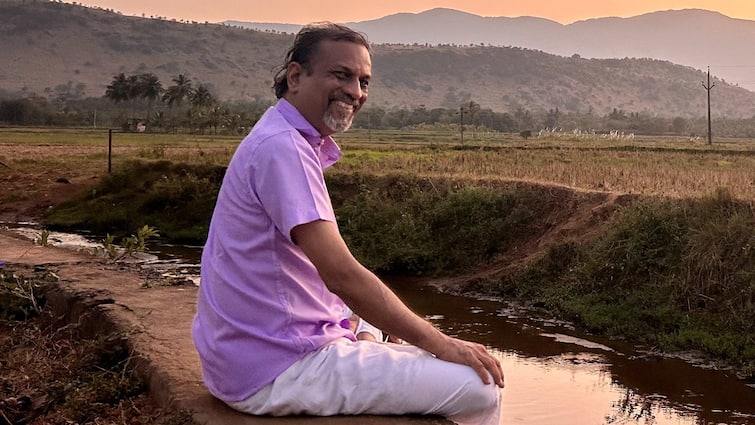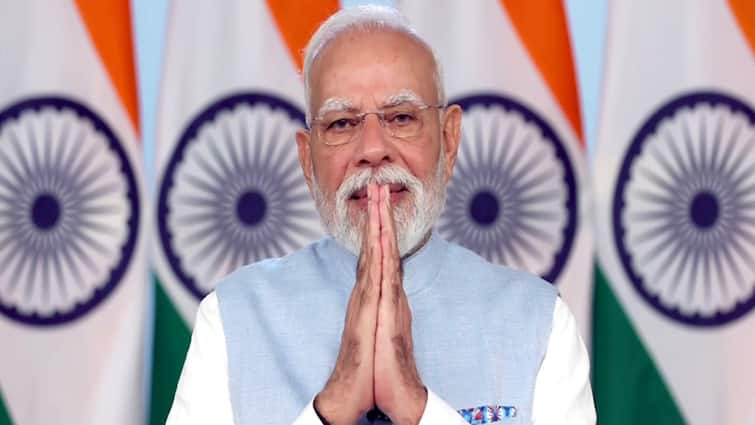The US technology sector was left reeling after President Donald Trump announced a steep hike in H-1B visa fees, setting the cost at $100,000 for every new application. The move has rattled companies heavily dependent on global talent, including Microsoft, Amazon, and Meta, all of which have reportedly asked employees to return to the United States before September 21.
The decision is expected to hit thousands of Indian IT professionals who form the backbone of America’s tech workforce. With uncertainty looming large, a strong voice from India’s own technology ecosystem has weighed in on the issue.
Vembu Urges Indians Not To Stay Fearful
Zoho founder Sridhar Vembu, who once worked in the US before moving back to India to build his SaaS company, issued an impassioned message to H-1B holders. Sharing his thoughts on X (formerly Twitter), he drew an analogy with the stories of Sindhi families displaced during Partition.
“I am sad to say this, but for Indians on an H1-B visa in America, this may be that time. Come back home. It may take 5 years to rebuild your lives but it will make you stronger. Do not live in fear. Make the bold move. You will do well,” Vembu wrote.
He added, “I have heard so many accounts from Sindhi friends about how their families had to leave everything and come to India during partition. They rebuilt their lives and Sindhis have done well in India.”
I have heard so many accounts from Sindhi friends about how their families had to leave everything and come to India during partition. They rebuilt their lives and Sindhis have done well in India.
I am sad to say this, but for Indians on an H1-B visa in America, this may be that…
— Sridhar Vembu (@svembu) September 21, 2025
A Turning Point For Indian Talent
According to Vembu, the disruption in the H-1B system should not be seen purely as a setback but as a possible inflexion point. He believes India in 2025 offers far more opportunities than in the past, with startups scaling globally, R&D hubs flourishing, and a strong digital economy ready to absorb skilled professionals.
While the visa fee surge has been criticised as protectionist, it could also accelerate reverse migration. A return of Indian talent may help strengthen the country’s domestic innovation ecosystem, adding depth to its already thriving startup culture.
Whether Indian professionals choose to return or attempt to weather the storm in the US remains uncertain. But with voices like Vembu’s urging boldness, the debate has clearly shifted. The sudden visa barrier might just redirect talent flows in a way that reshapes India’s position in the global technology landscape.



